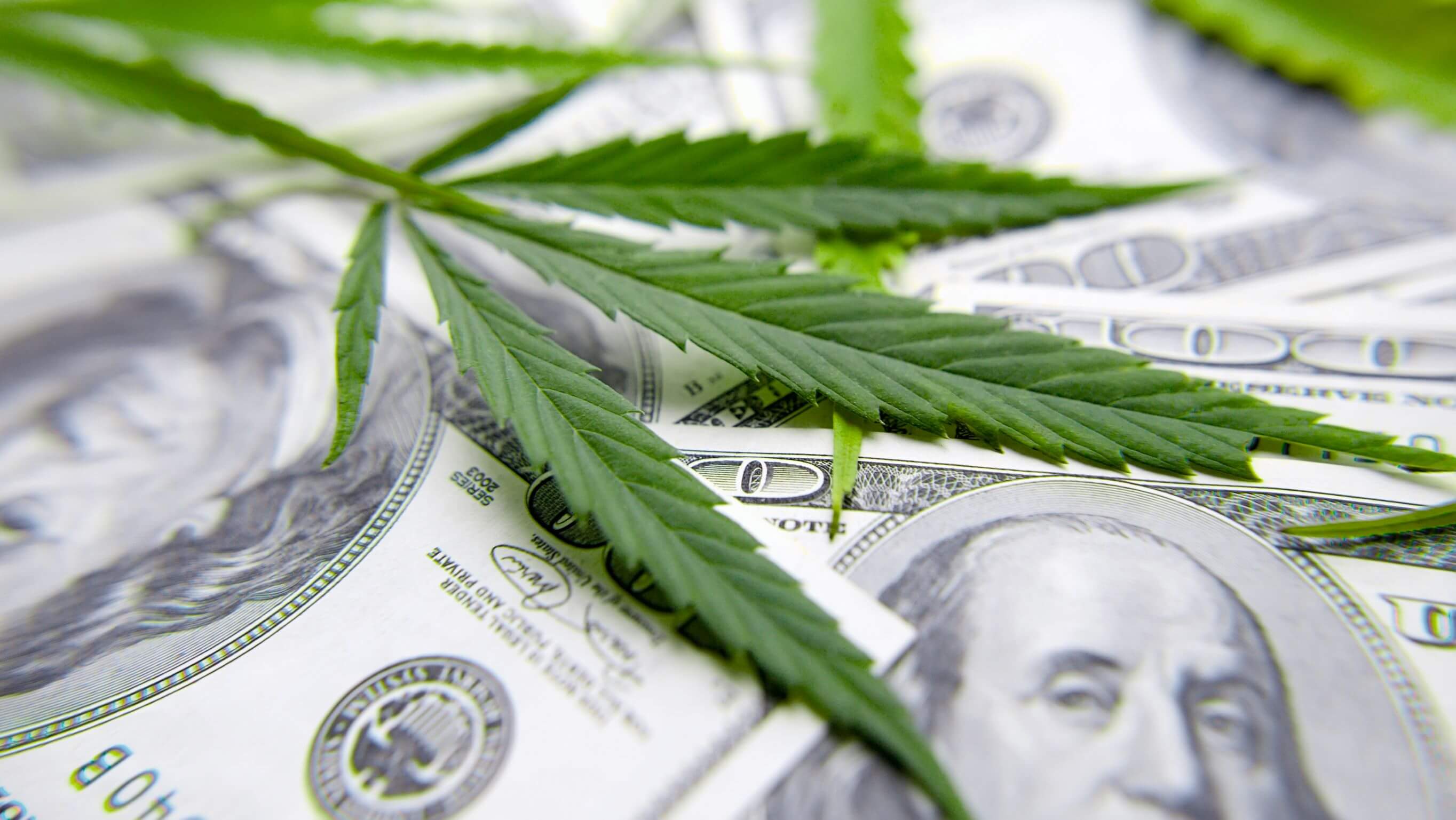Resources
Colorado state tax revenue from the legal cannabis industry surpassed $2 billion in January and the state has collected more than $88.7 million in fees.
In addition to state and local taxes and fees, cannabis businesses have an effective federal tax rate of about 70% – compared to about 26% for other businesses.
Did you know Colorado legal cannabis dispensary owners are unable to deduct normal business expenses like payroll and rent from their federal income taxes?
Marijuana has contributed over $320 Million dollars to Building Excellent Schools Today (B.E.S.T.), making up about 25% of the program's entire budget.
In FY 21-22 alone, nearly $15.3 million in state cannabis dollars went to state Affordable Housing Grant and Loans.
The Marijuana Tax Cash Fund collected $188.8 Million in FY 2021-22 alone.
In FY 21-22 alone, nearly $15 million in cannabis dollars went to the School Health Professional Grant program.
More than $15 million in cannabis dollars went to substance abuse treatment in FY 21-22.
More than $1.6 million cannabis dollars went to the Tony Grampsas Youth Services Program in FY 21-22.
Voters in 59 of 64 Colorado counties voted no on Proposition 119 sending a clear message against raising taxes on cannabis consumers.
Unlike other legalized substances, the marijuana industry has a 97% compliance rate for unauthorized sales.
Unlike alcohol, research has proven you can only get “so high.” Cannabinoid receptors in your brain eventually prevent the body from getting further intoxicated.
Did you know? Since legalization in 2005, teen use in Colorado has remained flat and is below the national average.
According to a recent poll by the Pew Research Center, more than 90% of Americans think cannabis use should be legal.
Did you know? MIG represents more than 400 cannabis business licenses across the state.
A 2021 study found that medical cannabis use was associated with clinical improvements in pain, function, and quality of life with reductions in prescription drug use.
Founded in 2010, MIG is the oldest and largest trade association for licensed cannabis businesses.
Colorado’s marijuana model has become the example for all other regulated cannabis states, and MIG works directly with policy makers to ensure that Colorado’s program is fair, tightly regulated, safe, and successful.
Safe Sales: Every marijuana sale in CO takes place on camera and requires multiple ID checks.
All regulated marijuana in Colorado is tracked from “seed to sale,” with oversight from the Marijuana Enforcement Division.
Established in 2010, MIG has led legislation for child resistant packaging, customer safety resources, and purchase restrictions for 18-20 year olds.
Marijuana is taxed at both state and local levels. This year Aurora built a new $34 Million dollar rec center, fully funded by local marijuana taxes.
The marijuana industry suffers from unfair Federal tax rules, which means that MIG members’ effective tax rates are around 71%.
A 2019 study showed that crime does not increase with legalization.
Conditions for medical marijuana
Cancer - Glaucoma - HIV or AIDS - Cachexia - Persistent muscle spasms - Seizures - Severe nausea - Any condition for which a physician could prescribe an opioid - Autism Spectrum Disorder - Severe pain - PTSD
Most marijuana businesses have access to banks, but because marijuana is still federally illegal, businesses are unable to access merchant processing services such as VISA or Mastercard.
Consuming higher potency marijuana does not lead to higher levels of impairment.
-- Journal of the American Medical Association (JAMA) 2020
71% of Colorado voters favor marijuana legalization. This has increased 10 points in the last four years alone.
TOMORROW: Intoxicating Hemp Task Force to Meet to Continue Discussing Unregulated Industry
MIG Press Release
FOR PLANNING PURPOSES
DATE: Tuesday, October 11, 2022
CONTACT: Erin McCann
TOMORROW: Intoxicating Hemp Task Force to Meet to Continue Discussing Unregulated Industry
Under Current Regulations, Intoxicating Hemp is Sold Online with No Purchase Limits, Age Requirements
DENVER – Tomorrow, The Intoxicating Hemp Task Force will meet to continue its work to create recommendations for regulations to the State Legislature regarding intoxicating hemp products. Under current regulations intoxicating hemp products, which typically include a psychoactive cannabinoid form of delta-8 THC or other lab created intoxicants, can be sold online with no purchase limits or age requirements.
Although harmless in its natural state, when hemp is concentrated into delta-8 and other cannabinoids, it can be infused into gummies, vapes, and other products and sold with no restrictions, ID checks, or regulations to protect against the use of harmful chemicals in the production process. Youth simply have to check a box on the website indicating they are “over 18.” According to the FDA, more than 100 reports of adverse health events related to hemp intoxicants were reported in just 14 months. Over 20 states have already created regulations to prevent the sale of intoxicating hemp to youth.
The Colorado Department of Revenue, The Colorado Department of Agriculture and The Colorado Department of Public Health and Environment were charged with convening this task force as a part of bipartisan Senate Bill 22-205. The task force is made up of 20 different stakeholders, including members of the marijuana industry, representatives of state government, adult-use patients, hemp and cannabis experts, and members of the hemp industry. The work group is required to submit a report of its findings and recommendations to the General Assembly on or before January 1, 2023
WHAT: Meeting of The Intoxicating Hemp Task Force
WHEN: Wednesday, October 12th, 2022, 1:00 PM - 5:00 PM
WHERE: Zoom Info: https://us02web.zoom.us/j/87531379903
Meeting ID: 875 3137 9903
###
Additional Info
Media Contact : Erin McCann








